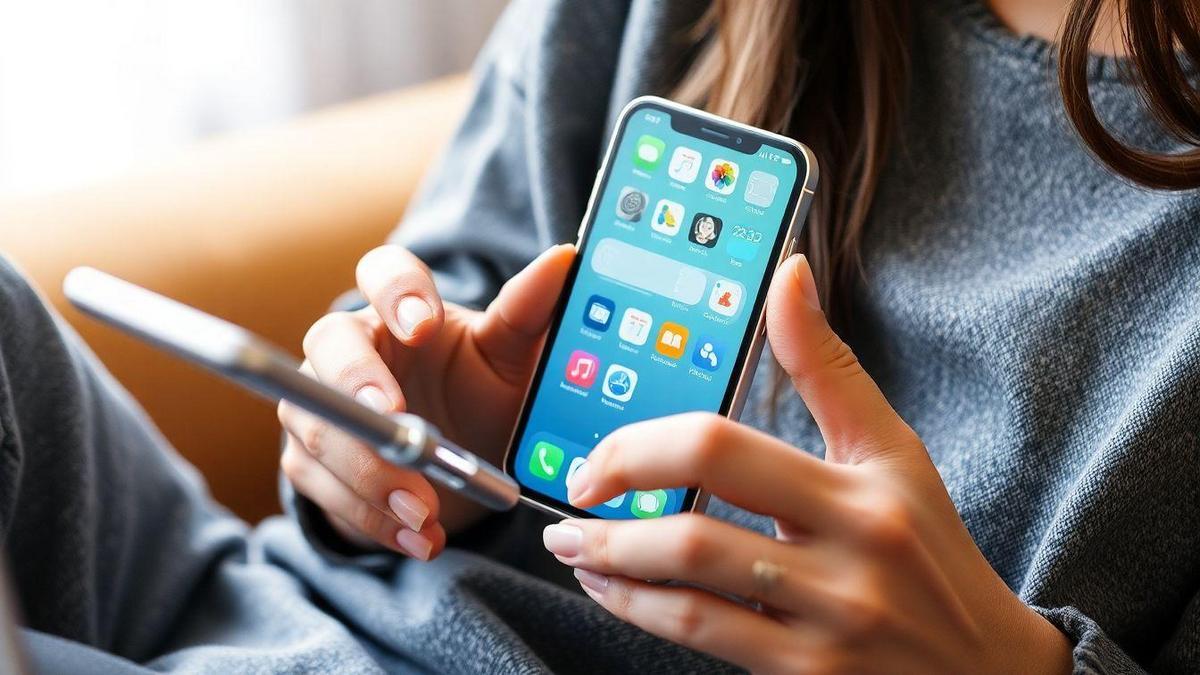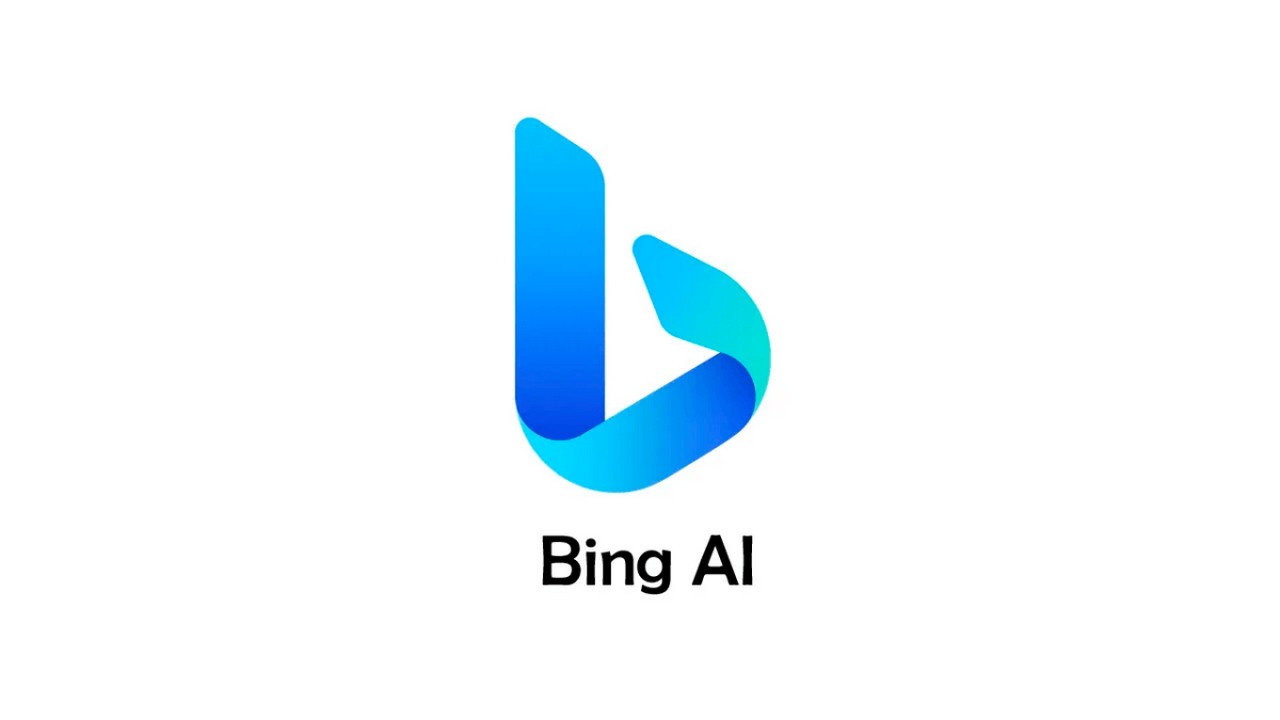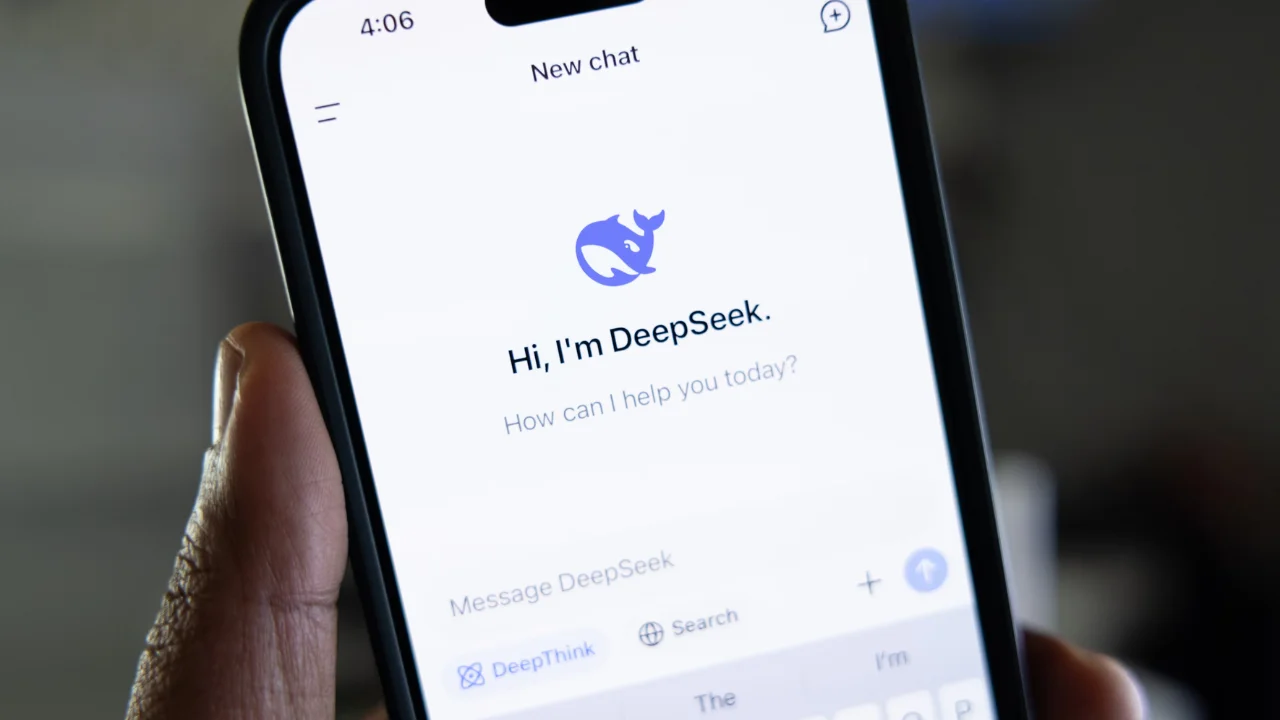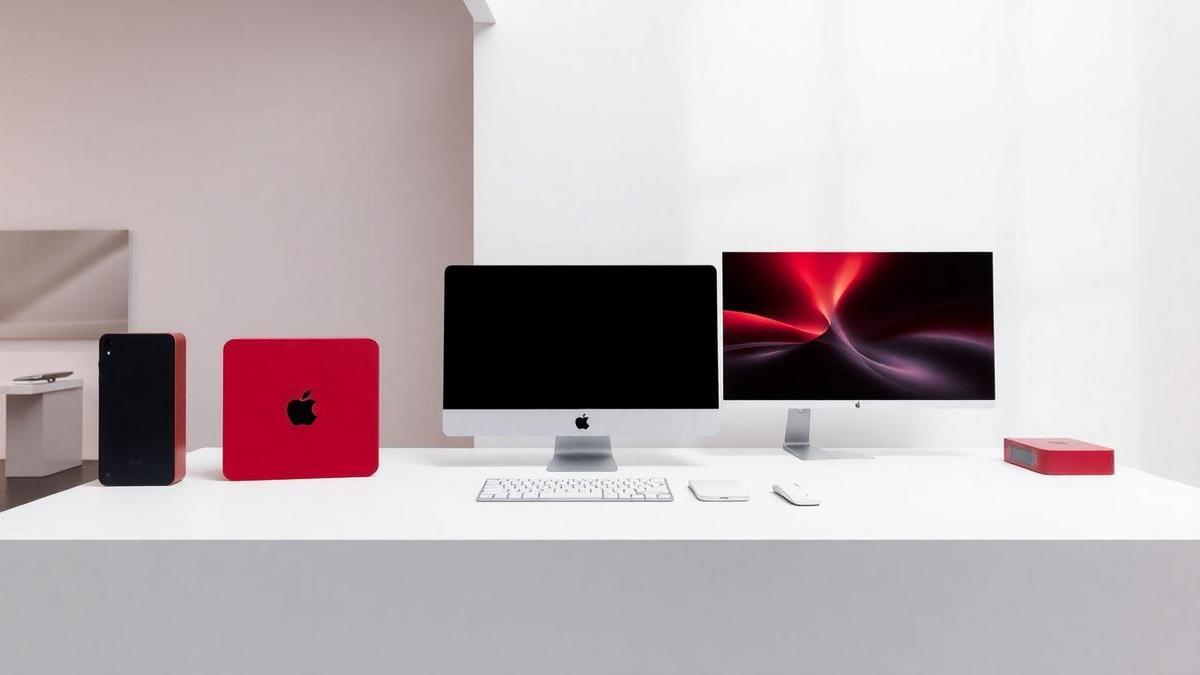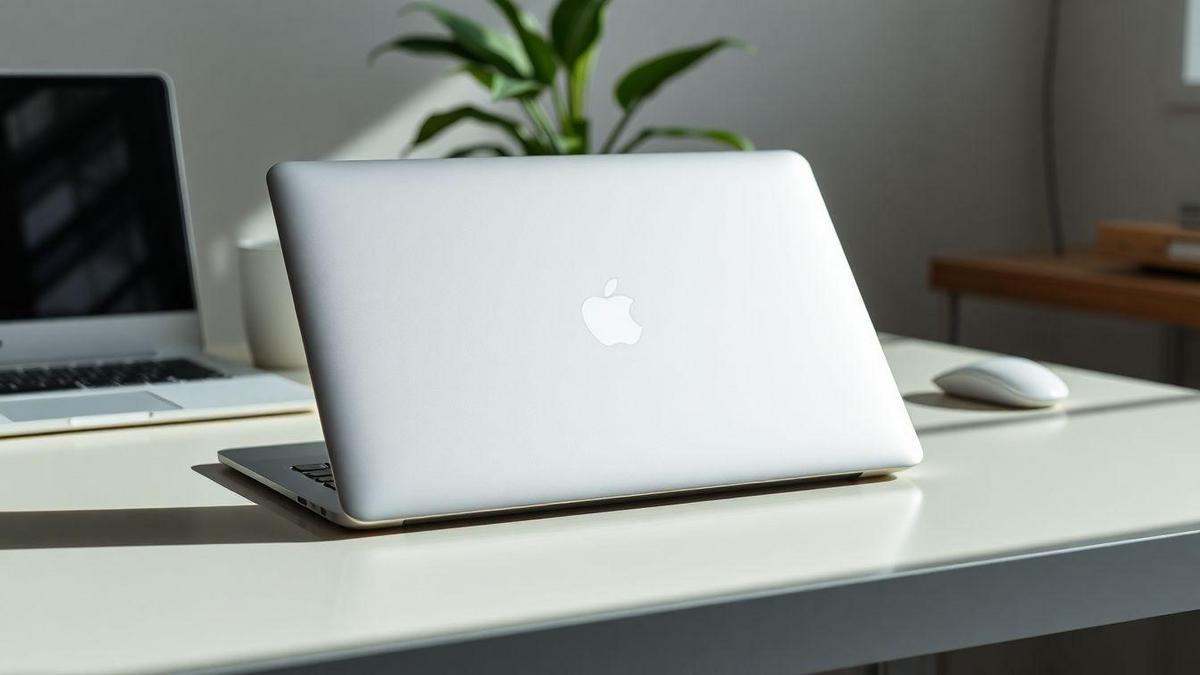Why don’t iPhones have a “Close All Apps” button? This is a common question that many of us have had. In this article, I will explain how it works. application management on iPhone and why apps don't close automatically. I'll also explain how this impacts the memory and performance of our device. In addition, I will give you tips to improve the speed of your iPhone and what to do when it freezes. Let's find out more about how the iPhone works and demystify some myths together!
Understanding Application Management on iPhone
Why don't iPhones automatically close apps?
When I pick up my iPhone, one of the things that always puzzles me is why iPhones don't close apps automatically. This seems a bit confusing to me, but there's a reason for it. iOS is designed to keep apps running in the background. This means that even if I'm not using an app, it's still active, ready to be accessed quickly.
Apple believes this approach improves user experience. When I return to an app, it opens faster because it doesn’t need to be restarted. It’s like having a friend who’s always ready to continue the conversation, even if I’ve been distracted for a while. Plus, constantly closing apps can use up more battery, which isn’t ideal.
How does iOS app management work?
iOS app management is pretty smart. The system evaluates which apps I use the most and which ones can be put in the background. Here's a simple table that shows how it works:
| Application Status | Description |
|---|---|
| Active | I'm using the app right now. |
| In the background | The app is open, but I'm not interacting with it. |
| Suspended | The application is not active, but can be quickly reactivated. |
| Closed | The application has been terminated and needs to be restarted. |
When I use an app, iOS keeps the device's memory and resources in mind. If I open too many apps, the system may suspend some to make sure my iPhone works without crashing. It's like a juggler who needs to balance multiple balls at once.
The Importance of Memory Management on iPhone
Memory management is crucial to the performance of my iPhone. When I use a lot of apps, memory can fill up, which can slow down my device. iOS is designed to handle this efficiently, ensuring that I have a smooth experience.
For example, if I’m playing a heavy game and I get a notification, iOS can temporarily suspend the game so I can see the notification. Then, when I return to the game, it picks up where I left off without losing my progress. That’s a huge plus!

Troubleshooting iPhone Performance Issues
Tips to improve iPhone slowness
If my iPhone is running slower than a turtle, it's time to take action! Here are some tips I use to speed things up. up on my device performance:
- Restart your iPhone: Sometimes all I need to do is turn it off and on again. It can do wonders!
- Clear storage: I always check my storage and delete photos and apps that I no longer use. It helps my iPhone breathe easier. For more information on how to free up space, check out this guide.
- Disable background updates: To save resources, I will go in Settings > General > Background App Refresh and turn off what is not necessary.
- Reduce visual effects: I like to go in Settings > Accessibility > Motion and turn on “Reduce Motion”. This helps to make everything smoother.
What to do when your iPhone freezes?
When my iPhone decides to freeze, I follow a few simple steps:
- Force close the application: I double-click the home button (or swipe up if it's a buttonless model) and swipe up on the app.
- Restart the device: If the crash persists, I hold down the power button until the option to turn off appears.
- Factory reset: If nothing works, I make a backup and restore factory settings. But that's the last resort!
iOS Updates and Their Impacts on Performance
The iOS updates are important, but they can affect the performance of my iPhone. Sometimes I notice that after an update, my device runs slower. It's like it's adjusting to something new. It's always a good idea to read up on the changes before updating. I usually wait a few weeks to see if other users are experiencing issues.
| iOS version | Impact on Performance |
|---|---|
| iOS 14 | Better overall performance |
| iOS 15 | Some reports of slowness |
| iOS 16 | Fixes bugs and improves speed |
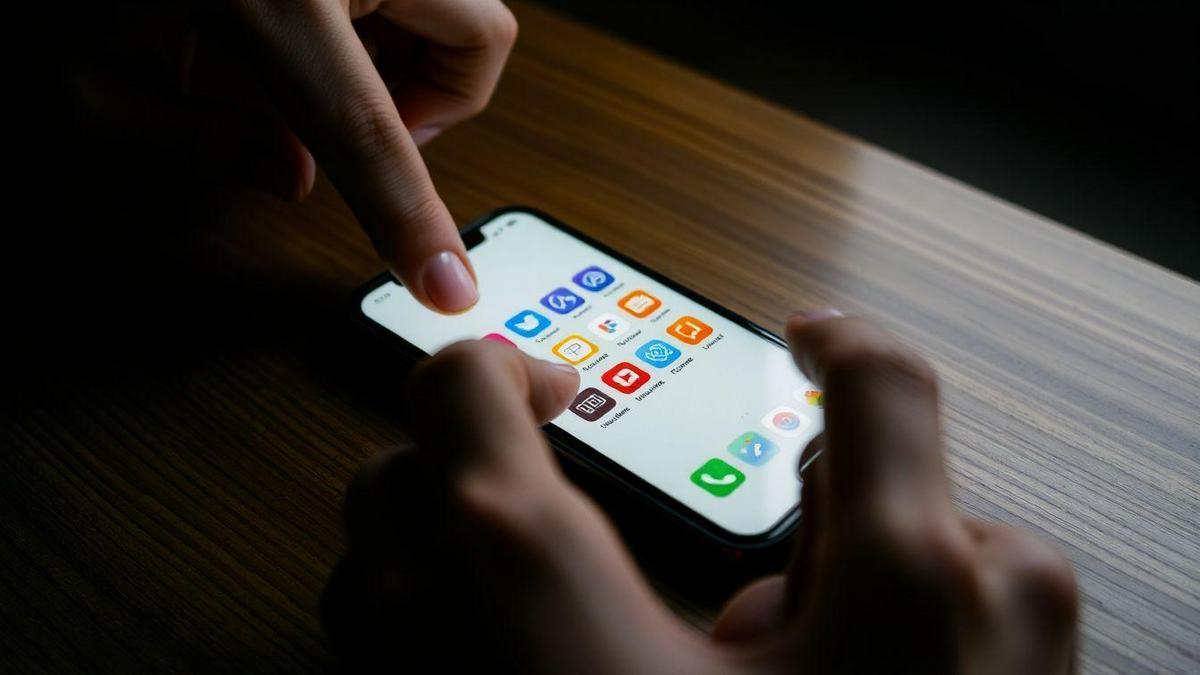
Closing Apps on iPhone: Myths and Truths
Why don't iPhones have a Close All Apps button?
When I pick up my iPhone and open various apps, one question always comes to mind: Why don't iPhones have a Close All Apps button? The answer is simple. Apple believes that background apps don’t consume a lot of resources, so there’s no need to close them. In fact, they’re just sitting there, ready to be used again. This helps save battery life and maintain the performance of my device.
iPhone apps won't close: is this normal?
It's normal that apps on my iPhone don't close automatically. I often wonder if this is a problem, but the truth is that it is not. iOS is designed to manage apps efficiently. If I need an app, it’s there, fast and ready to go. So I don’t have to worry about apps closing. It’s like leaving the lights on in a room I’m not using; they’re not doing any harm, they’re just waiting for me to come back.
How to optimize the use of applications on the iPhone
To optimize the use of apps on my iPhone, I follow some simple tips:
- Close apps I'm not using: If I notice that an application is frozen or unresponsive, I can close it manually.
- Update regularly: Keeping your apps up to date helps improve performance. For more tips on avoiding performance issues, see this article.
- Limit notifications: This helps me not get distracted and use apps more efficiently.
- Restart iPhone: Sometimes a simple restart solves many problems.
| Tip | Description |
|---|---|
| Close applications | Manually close the ones that are locked. |
| Update applications | Keep everything up to date for better performance. |
| Limit notifications | Focus on what really matters. |
| Restart iPhone | Solve simple problems and improve performance. |
Conclusion
In summary, to understand why the iPhones don't have a “Close All Apps” button is essential to get the most out of my device. The iOS system is designed to manage applications efficiently, keeping them ready for use without compromising performance. By following a few simple tips, such as restart iPhone e clear storage, I can assure you that my device runs like a rocket. So don't worry if apps don't close automatically; this is normal and can actually be beneficial!
If you liked this article and want to know more about how to optimize your iPhone and other curiosities, be sure to visit Curioso GeekLet's explore the fascinating world of technology together!
